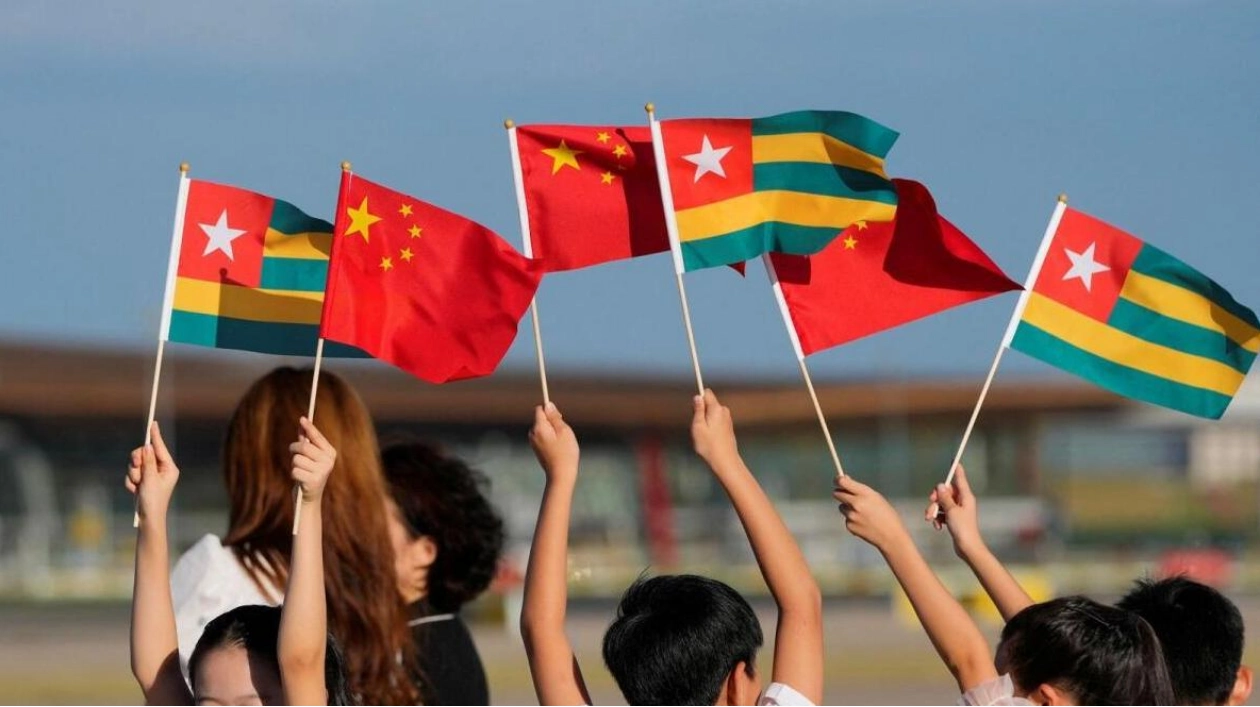This week, African leaders are converging on Beijing to secure funding for major infrastructure initiatives, amid intensifying competition among global powers for resources and influence in Africa. Over the past decade, China has deepened its ties with African countries, providing billions in loans that have facilitated infrastructure development but have occasionally sparked controversy due to the significant debt burdens they impose.
China has deployed hundreds of thousands of workers to Africa to construct large-scale projects, while also exploiting the continent's abundant natural resources, including copper, gold, lithium, and rare earth minerals. The upcoming China-Africa forum is set to be the largest diplomatic event since the Covid-19 pandemic, with confirmed attendance from leaders of South Africa, Nigeria, Kenya, and other nations, along with numerous expected delegations.
According to Ovigwe Eguegu, a policy analyst at Development Reimagined, African countries are keen to capitalize on the growth opportunities presented by China. China, the world's second-largest economy, is Africa's biggest trading partner, with bilateral trade reaching $167.8 billion in the first half of this year, as reported by Chinese state media. However, the economic slowdown in China has made the government more cautious about providing substantial financial support.
China has been reluctant to offer debt relief, despite some African nations facing difficulties in repaying loans, which has sometimes led to cuts in essential public services. Since the last China-Africa forum six years ago, the global landscape has shifted significantly, including the impacts of Covid-19, geopolitical tensions, and economic challenges, according to Tang Xiaoyang of Tsinghua University.
The traditional model of loans for rapid infrastructure and industrialization is no longer viable. Africa plays a crucial role in China's Belt and Road Initiative, which aims to enhance China's international influence through large-scale infrastructure projects. Critics argue that these projects often result in environmental damage and excessive debt for recipient countries.
In Kenya, for example, a $5 billion railway funded by the Export-Import Bank of China connects Nairobi to Mombasa, but a planned extension to Uganda was halted due to repayment issues. Kenya's President, William Ruto, has requested additional financial support from China to complete stalled projects, with Kenya now owing over $8 billion to China.
Recent protests in Kenya were partly driven by the government's struggle to meet its debt obligations to international creditors, including China. Analysts predict that African leaders will seek not only increased investment but also more favorable loan terms at the upcoming forum. In central Africa, competition between Western and Chinese firms for access to rare minerals is intensifying, as these minerals are vital for renewable energy technology.
Geopolitical tensions between the United States and China, particularly over issues like Taiwan and trade, also affect Africa. The White House has expressed concerns about China's perceived negative influence. Beijing, however, emphasizes its commitment to win-win cooperation and mutual benefits from trade and development.
Analysts warn that African nations may be compelled to align with one side, given their limited leverage against China. Development Reimagined's Eguegu notes that some believe the US could balance China's influence, but this is not feasible.






